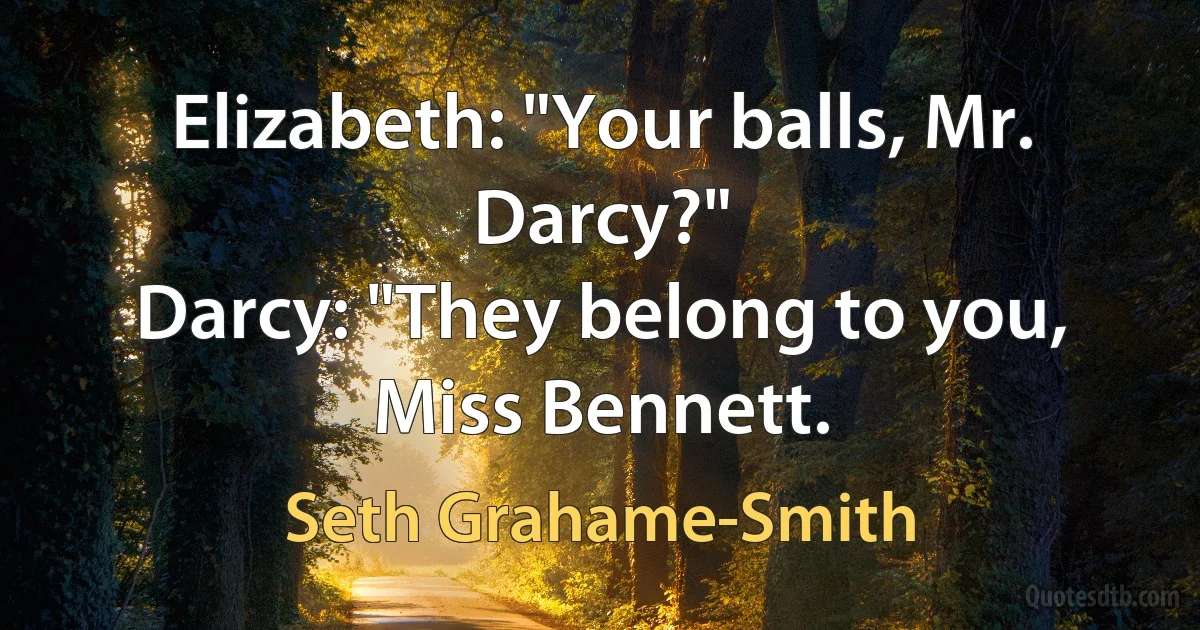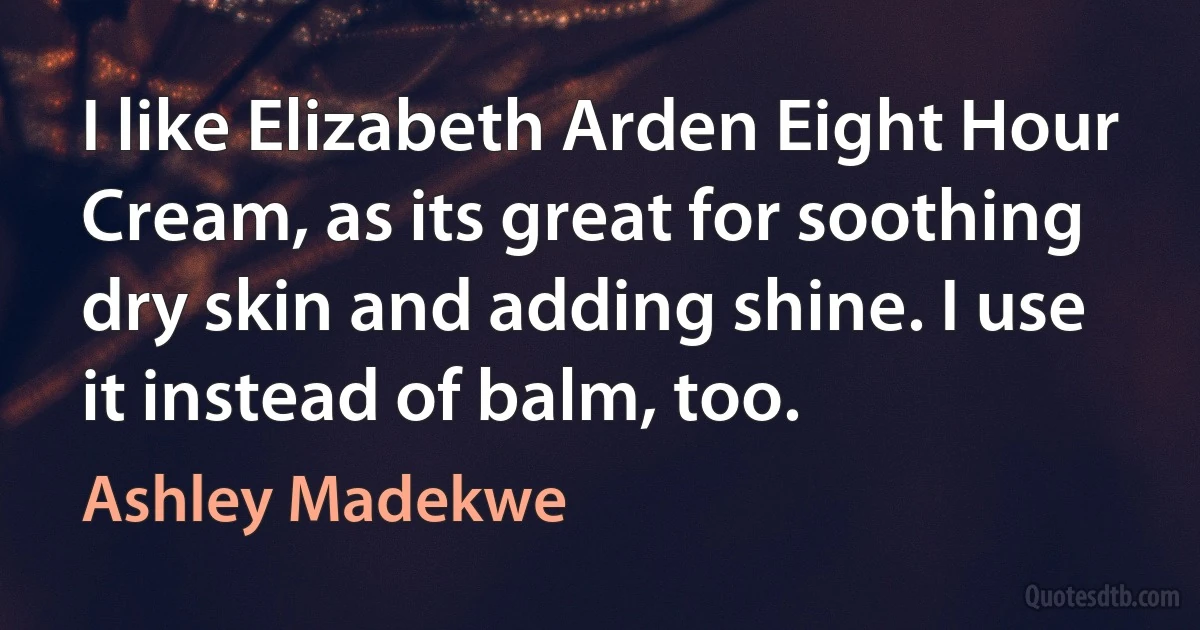Elizabeth Quotes - page 4
I remembered Elizabeth had never laughed once during our talk. I feel that she hasn't learned how. The great house is so still and lonely and laughterless. It looks dull and gloomy even now when the world is a riot of autumn color. Little Elizabeth is doing too much listening to lost whispers.
I think one of my missions in Summerside will be to teach her how to laugh.

Lucy Maud Montgomery
We stood there and talked while Elizabeth sipped her milk daintily and she told me all about Tomorrow. The Woman had told her that Tomorrow never comes, but Elizabeth knows better. It will come sometime. Some beautiful morning she will just wake up and find it is Tomorrow. Not Today but Tomorrow. And then things will happen... wonderful things. She may even have a day to do exactly as she likes in, with nobody watching her... though I think Elizabeth feels that is too good to happen even in Tomorrow. Or she may find out what is at the end of the harbor road... that wandering, twisting road like a nice red snake, that leads, so Elizabeth thinks, to the end of the world. Perhaps the Island of Happiness is there. Elizabeth feels sure there is an Island of Happiness somewhere where all the ships that never come back are anchored, and she will find it when Tomorrow comes.

Lucy Maud Montgomery
One of the first speaking roles I had was in a film called 'Svengali', with Peter O'Toole and Elizabeth Ashley. I was a waiter, and I had about three lines. And I was ready! I had been around people like that, and I knew they were just actors. All the work I had done, it was all there, and I felt like I knew all the mechanics.

Tobin Bell
The most moving scene for me in 'Pride and Prejudice' is the Pemberley music room scene: Elizabeth has just saved Darcy's sister from embarrassment and confusion, and as the music plays on, Darcy's look of gratitude becomes a look of love, which we see reciprocated in Elizabeth's eyes.

Andrew Davies
Under queen Elizabeth, the minstrels had lost the protection of the opulent; and their credit was sunk so low in the public estimation, that, by a statute in the thirty-ninth year of her reign against vagrants, they were included among the rogues, vagabonds, and sturdy beggars, and subjected to the like punishments. This edict also affected all fencers, bearwards, common players of interludes (with the exception of such players as belonged to great personages, and were authorised to play under the hand and seal of their patrons), as well as minstrels wandering abroad, jugglers, tinkers, and pedlars; and seems to have given the death's wound to the profession of the minstrels, who had so long enjoyed the public favour, and basked in the sunshine of prosperity.

Joseph Strutt
I may just add, that in addition to the hand-guns, I meet with other instruments of like kind mentioned in the reign of Elizabeth, namely, demy hags, or hag butts. They shot with these engines not only at butts and other dead marks, but also at birds and beasts, using sometimes bullets and sometimes half shots; but in the beginning of the seventeenth century the word artillery was used in a much more extensive sense, and comprehended long-bows, cross-bows, slur-bows, and stone-bows; also scorpions, rams, and catapults, which, the writer tells us, were formerly used; he then names the fire-arms as follows, cannons, basilisks, culverins, jakers, faulcons, minions, fowlers, chambers, harguebusses, calivers, petronils, pistols, and dags. "This," says he, "is the artillerie which is nowe in the most estimation, and they are divided into great ordinance, and into shot or guns," which proves that the use of fire-arms had then in great measure superseded the practice of archery.

Joseph Strutt



